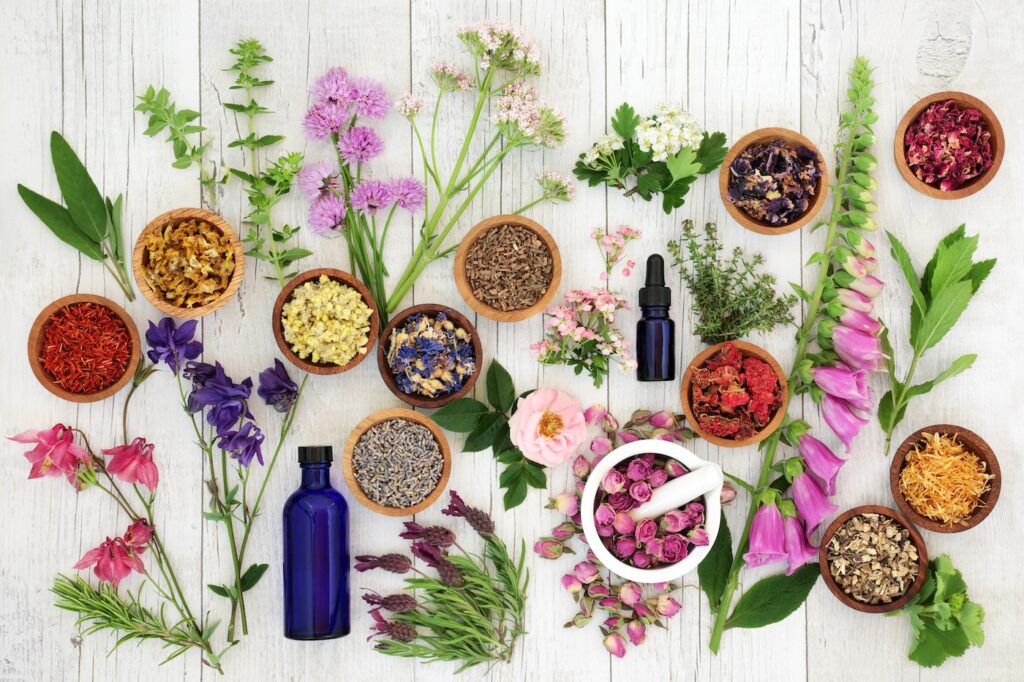In today’s fast-paced and stressful world, people are increasingly seeking natural and holistic approaches to enhance their well-being. One such approach that has gained significant popularity is aromatherapy.
Aromatherapy utilizes essential oils extracted from plants to promote physical, emotional, and mental health. With a rich history dating back centuries, aromatherapy has become an essential part of modern wellness practices. This article explores the importance of aromatherapy and the use of essential oils in today’s world.

Historical Perspective of Aromatherapy
Aromatherapy has roots in ancient civilizations, including Egypt, China, and India. The Egyptians used essential oils for medicinal, spiritual, and cosmetic purposes, while the Chinese incorporated aromatic plants into their traditional medicine system. In India, the practice of Ayurveda embraced the use of essential oils for healing and balance. This historical perspective highlights the enduring significance of aromatherapy across cultures and time.
Science Behind Aromatherapy
The effectiveness of aromatherapy is not solely based on historical traditions but is also supported by scientific research. Essential oils contain natural compounds that interact with the body through inhalation, topical application, or ingestion. When inhaled, the molecules of essential oils stimulate the olfactory system and trigger physiological responses in the brain. This process can have a profound impact on mood, emotions, and overall well-being.
Stress Reduction and Emotional Balance
One of the key benefits of aromatherapy is its ability to reduce stress and promote emotional balance. Essential oils like lavender, chamomile, and bergamot have calming properties that help alleviate anxiety, promote relaxation, and improve sleep quality. Studies have shown that these oils can lower cortisol levels, the hormone associated with stress, and induce a state of relaxation, thereby benefiting mental and emotional health.
Improved Sleep and Mental Health
Sleep disorders and mental health issues, such as depression and anxiety, have become increasingly prevalent in today’s society. Aromatherapy offers a non-invasive and natural approach to address these challenges. Essential oils like lavender, clary sage, and valerian have sedative properties that can enhance sleep quality and promote better rest. Additionally, oils such as lemon, peppermint, and rosemary have uplifting and invigorating effects that can alleviate symptoms of depression and boost mental clarity.
Enhanced Physical Well-being
Beyond emotional and mental health benefits, aromatherapy also supports physical well-being. Essential oils possess antimicrobial, anti-inflammatory, and analgesic properties that can aid in treating various ailments. For example, tea tree oil is known for its antibacterial and antifungal properties, making it effective in combating skin infections. Eucalyptus oil is commonly used for respiratory conditions due to its decongestant and expectorant qualities. These oils, along with many others, offer natural alternatives to conventional medications and can complement traditional treatments.
Holistic Approach to Healing
Aromatherapy is often regarded as a holistic approach to healing, as it addresses the body, mind, and spirit. By engaging the senses and connecting with nature, aromatherapy promotes a sense of well-being and balance. It encourages individuals to be present, mindful, and in tune with their bodies. In a world driven by technology and constant distractions, the practice of aromatherapy offers a grounding and rejuvenating experience.
Practical Applications of Aromatherapy
Aromatherapy can be incorporated into daily life in numerous ways. Diffusing essential oils in the home or workplace creates a pleasant and therapeutic environment. Massage therapists often use essential oils to enhance the therapeutic effects of their treatments. Inhalation of oils through steam, bath, or direct inhalation can provide immediate relief for respiratory issues. Additionally, incorporating essential oils into skincare routines, creating personalized blends for perfumes or natural cleaning products, and even using them in yoga or meditation practices are all practical applications of aromatherapy.
Safety Considerations and Proper Usage
While aromatherapy offers a range of benefits, it is essential to use essential oils safely and responsibly. Some oils may cause skin irritation or sensitization if used undiluted or in excessive amounts. It is crucial to perform a patch test before applying essential oils topically and to dilute them properly with carrier oils. Pregnant women, infants, and individuals with specific health conditions should consult with a qualified aromatherapist or healthcare professional before using essential oils.
Quality and Sourcing of Essential Oils
The quality and sourcing of essential oils play a significant role in their effectiveness. To ensure the therapeutic value and purity of essential oils, it is important to purchase them from reputable sources that prioritize sustainable practices and conduct rigorous testing. Organic, wildcrafted, or ethically harvested oils are often preferred to minimize exposure to pesticides and ensure environmental responsibility.
Aromatherapy and the use of essential oils have gained widespread recognition for their profound effects on physical, emotional, and mental well-being. Through historical traditions and scientific research, aromatherapy has proven to be a valuable tool in today’s world. By harnessing the power of natural plant extracts, aromatherapy offers a holistic approach to healing and enhancing the overall quality of life.
In an era marked by stress, anxiety, and the need for self-care, aromatherapy provides an accessible and effective means of self-nurture and relaxation. Its versatility allows it to be seamlessly integrated into various aspects of life, whether at home, in the workplace, or during self-care rituals. The importance of aromatherapy lies in its ability to address the individual as a whole, promoting a harmonious balance between the body, mind, and spirit.
As with any holistic practice, it is important to approach aromatherapy with knowledge, respect, and caution. Seek guidance from trained professionals, and always prioritize safety and responsible usage. By embracing aromatherapy and the use of essential oils, individuals can tap into the inherent healing properties of nature and embark on a journey of enhanced well-being and vitality in today’s fast-paced world.
